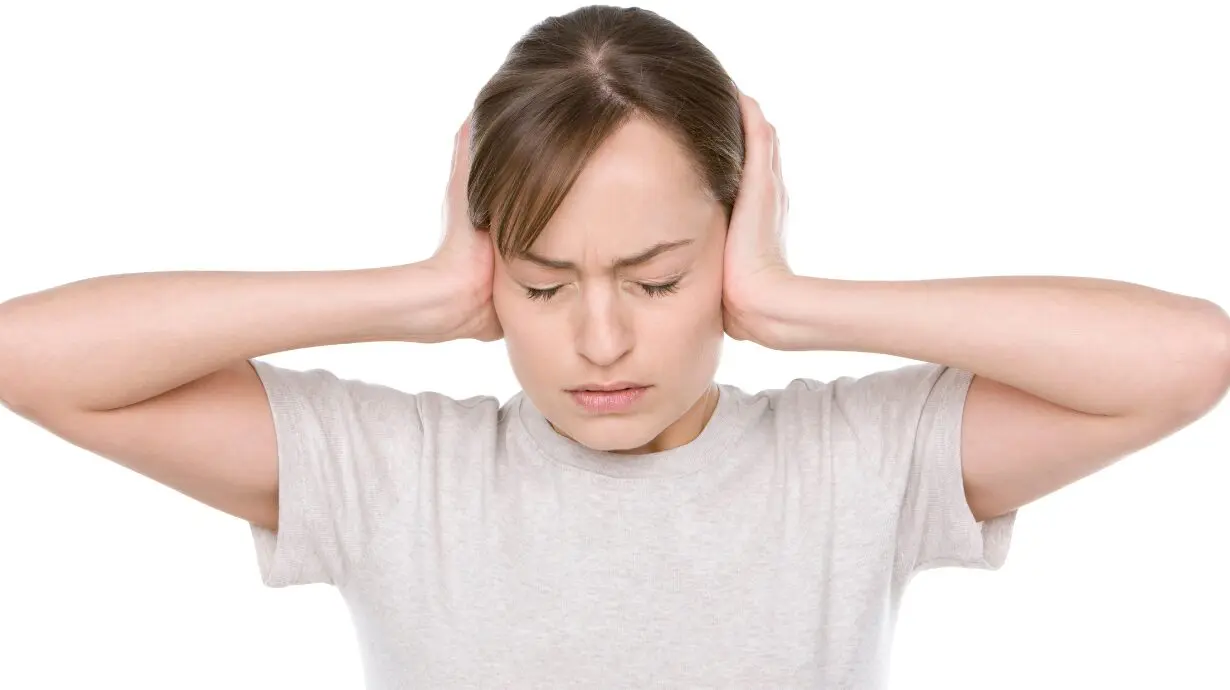People's sensitivity to noise varies. While some might get annoyed at the honking of a car, others might get furious. There is a clear difference between being bothered and having distress from a noise. Those have extreme sensitivity to specific noises have a condition known as misophonia.
The common triggers of this condition are breathing, chewing, or clock ticking. Misophonia has not been classified as a medical or mental health condition. Jaelline Jaffe, Ph.D., a psychotherapist who specializes in treating those with misophonia, says that the condition significantly impacts the daily lives of those affected.
"People with misophonia have an extreme reaction to certain sounds," said Jaffe."They are not just annoyed by the sound. For people with misophonia, hearing the triggering sound can cause feelings of irrational rage."
Lisa Fox-Thomas, Ph. D., a professor of audiology at the University of North Carolina Greensboro, says that misophonia triggers tend to be quiet-sounding. "Being annoyed by a sound is a universal experience that everyone can relate to," she claims. "But for someone with misophonia, it's like their brain has been hijacked [when they hear the noise that triggers them], and they can't focus on anything else."
Common symptoms of misophonia include intense anger when hearing alarming sounds, having a physical response when hearing a triggering sound such as pressure in the chest, and behavioral reactions like being verbally aggressive to the person or source of the sound.
The exact causes of misophonia remain elusive to experts. However, experts believe hearing trigger sounds triggers the fight or flight response in people suffering from the disorder. This can cause extreme anxiety or a desire to flee.
Dr. Fox-Thomas has noticed that patients with misophonia typically have higher-than-average hearing, particularly when their hearing is higher pitched. She also said that many of her patients suffering from misophonia are exceptionally skilled and meticulous.
The effects of misophonia are different. Some people report physical discomfort when they hear the sounds that trigger. Others may experience rage as well as racing heartbeats or nausea. The time to recover following exposure to triggers may vary from minutes to several hours.
Misophonia can have a significant impact on relationships and the way people live their lives. Those with the condition may avoid social interactions or have problems at work because of their sensitivity to sound. Family relationships can be difficult, as people typically are most affected by sounds created by their loved ones.
Treatment is available for misophonia; however, research is in progress. CBT, or cognitive behavioral therapy, is a well-known approach that assists people to change their negative beliefs about trigger sounds and devise strategies to cope.
Audiologists may employ methods such as tinnitus retraining therapy, which seeks to alter the way the nervous system reacts to activating sounds. Gradual exposure therapy may aid in building tolerance with time.
Dr. Jaffe emphasizes the importance of calming the body's fight-or-flight response. Methods like diaphragmatic breathing may be beneficial in managing quick reactions to triggers.
The Misophonia Association maintains a directory of experts organized by state. When local professional help can't be found, working with an expert in cognitive behavior therapy who is experienced in the field can be beneficial.
Dr. Fox-Thomas argues for increasing knowledge and awareness of misophonia. "Misophonia is an invisible condition that is under-diagnosed and misunderstood," she says. "People with misophonia need support, guidance, tools, and hope to better manage their condition."
As research advances, experts hope to develop more efficient treatments and increase people's awareness of misophonia. Being able to recognize and get the right treatment misophonia could be a major difference in one's life. Dr. Jaffe notes that children with misophonia who can use headphones or earplugs in tests tend to fare better than children without these accommodations.
Although living with misophonia may be difficult, proper care and support will help people manage their symptoms and enhance their overall quality of life. As awareness increases, people who suffer from this disorder might gain greater understanding and help in navigating through a sea of noises that could trigger.

 Putin says there is no time to sign new Ukraine gas transit deal this year
Putin says there is no time to sign new Ukraine gas transit deal this year
 Texas man arrested for allegedly threatening ‘to show up at’ a Capital One ‘with a machete and gasoline’ over debt issues
Texas man arrested for allegedly threatening ‘to show up at’ a Capital One ‘with a machete and gasoline’ over debt issues
 Marianne Williamson announces run for DNC chair
Marianne Williamson announces run for DNC chair
 Manmohan Singh, India’s former prime minister, dies aged 92, says hospital
Manmohan Singh, India’s former prime minister, dies aged 92, says hospital
 Manmohan Singh, India's reluctant prime minister, dies aged 92
Manmohan Singh, India's reluctant prime minister, dies aged 92
 India's former PM Manmohan Singh dies aged 92
India's former PM Manmohan Singh dies aged 92
 India's former prime minister Manmohan Singh, architect of economic reforms, dies aged 92
India's former prime minister Manmohan Singh, architect of economic reforms, dies aged 92
 Detroit Red Wings fire coach Derek Lalonde, name Todd McLellan as his replacement
Detroit Red Wings fire coach Derek Lalonde, name Todd McLellan as his replacement
 Powerful thunderstorms rumble across Texas, delaying holiday travel
Powerful thunderstorms rumble across Texas, delaying holiday travel
 Firefighters hoist Santa, superheroes to wave to patients inside Children's Wisconsin on Christmas
Firefighters hoist Santa, superheroes to wave to patients inside Children's Wisconsin on Christmas
 Explore misophonia, a sound sensitivity disorder that causes intense reactions to common noises. Learn about symptoms, triggers, and treatment options.
Explore misophonia, a sound sensitivity disorder that causes intense reactions to common noises. Learn about symptoms, triggers, and treatment options.






